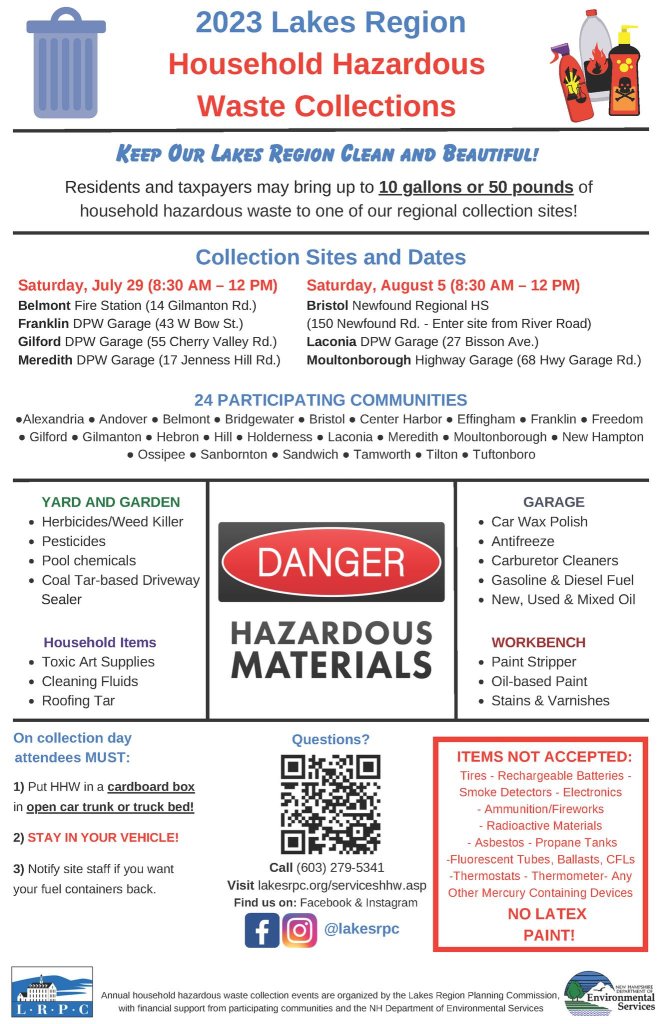
Introduction: The Importance of Responsible Hazardous Waste Disposal
Proper disposal of household hazardous waste is crucial for environmental and public health. Irresponsible disposal methods can lead to pollution, harm wildlife, and pose risks to human well-being. In this guide, we’ll explore the steps to dispose of household hazardous waste responsibly, ensuring a safer and cleaner living environment.
Identifying Household Hazardous Waste: Know What You Have
Household hazardous waste includes items that are flammable, corrosive, toxic, or reactive. Common examples include paint, batteries, pesticides, cleaning chemicals, and electronic devices. Begin by identifying these items in your home to create a comprehensive list of materials that require special disposal considerations.
Local Collection Programs: Utilizing Community Resources
Many communities offer household hazardous waste collection programs to help residents dispose of these materials responsibly. Check with your local government or waste management authority to find out about scheduled collection events or permanent collection facilities in your area. Utilizing these programs ensures that hazardous waste is handled and disposed of safely.
Reduce and Reuse: Minimizing Hazardous Waste Generation
An effective way to manage household hazardous waste is to minimize its generation in the first place. Consider alternatives to hazardous products, such as opting for water-based paints, choosing rechargeable batteries, and selecting environmentally friendly cleaning products. By reducing and reusing, you contribute to a more sustainable and responsible waste management approach.
Safe Storage: Preventing Accidents at Home
Proper storage of household hazardous waste is essential to prevent accidents at home. Store these materials in their original containers with intact labels. Keep them in a cool, dry place, away from heat sources and out of reach of children or pets. Secure lids tightly to avoid spills or leaks.
Researching Disposal Guidelines: Follow Recommended Practices
Different types of household hazardous waste may have specific disposal guidelines. Research the recommended practices for each material to ensure proper handling and disposal. Some items may be accepted in regular trash, while others may require special arrangements or recycling options.
Hazardous Waste Recycling: Explore Eco-Friendly Solutions
Many household hazardous waste items, such as batteries, electronics, and certain chemicals, can be recycled. Explore recycling options in your community for these materials. Recycling helps minimize the environmental impact of hazardous waste and promotes the reuse of valuable resources.
Attend Hazardous Waste Collection Events: Participate in Community Efforts
Take advantage of hazardous waste collection events organized by your community. These events provide a convenient and organized way to dispose of hazardous materials. Participating in such efforts not only ensures proper disposal but also contributes to community-wide environmental responsibility.
Seek Professional Assistance: For Complex Materials
Certain household hazardous waste, such as asbestos or large quantities of chemicals, may require professional assistance for safe removal and disposal. Hire licensed and qualified professionals to handle these materials, ensuring compliance with environmental regulations and safeguarding your health and the environment.
Learn More: Responsible Hazardous Waste Disposal Resource
For additional insights into responsible hazardous waste disposal and sustainable living practices, visit Dispose of Household Hazardous Waste Responsibly. This resource offers comprehensive guidance on proper disposal methods and empowers you to make informed choices for a cleaner and safer living environment. Explore the link for a detailed guide.
Conclusion
In conclusion, responsible disposal of household hazardous waste is a shared responsibility that benefits individuals, communities, and the environment. By following proper disposal guidelines, utilizing local collection programs, and adopting eco-friendly practices, you contribute to a healthier and more sustainable future. Take the necessary steps to dispose of household hazardous waste responsibly and be a part of the solution to environmental challenges.










